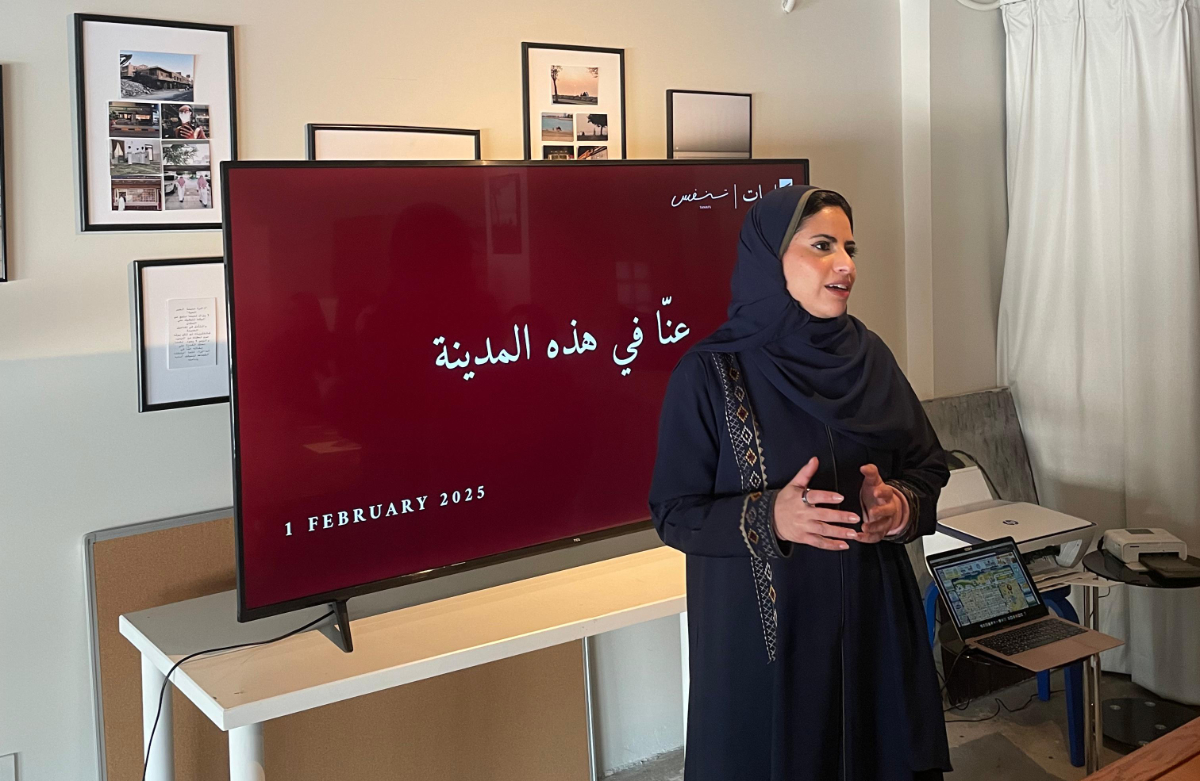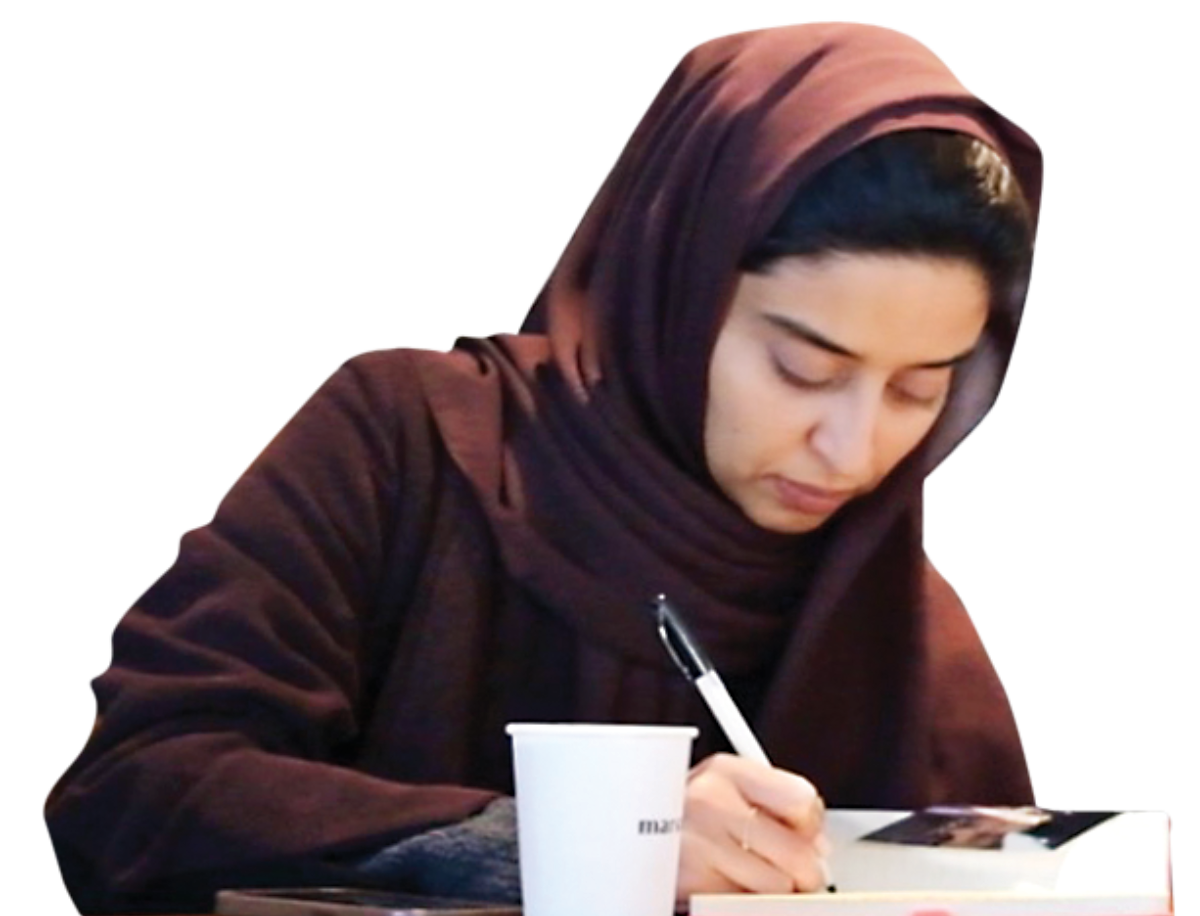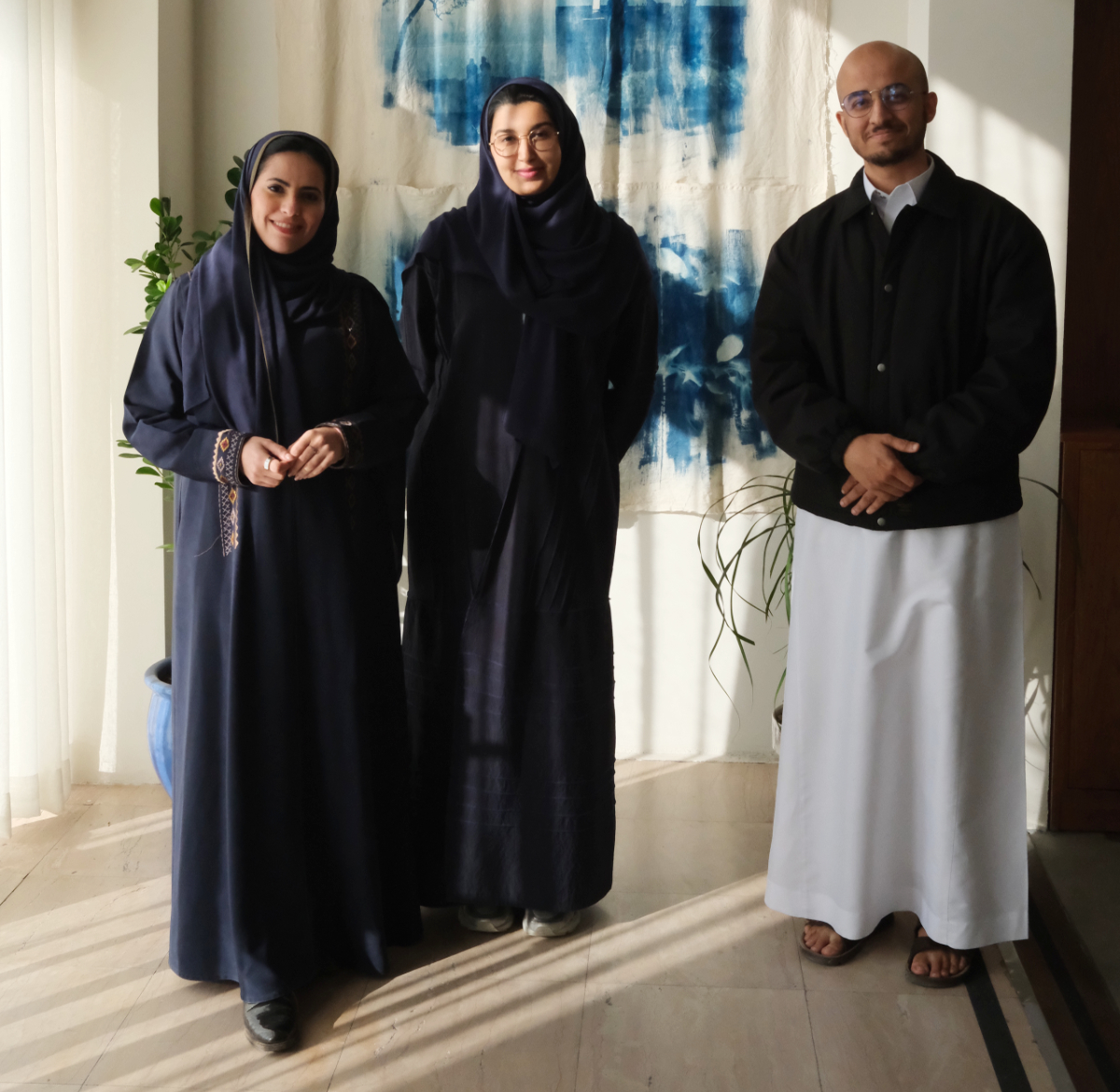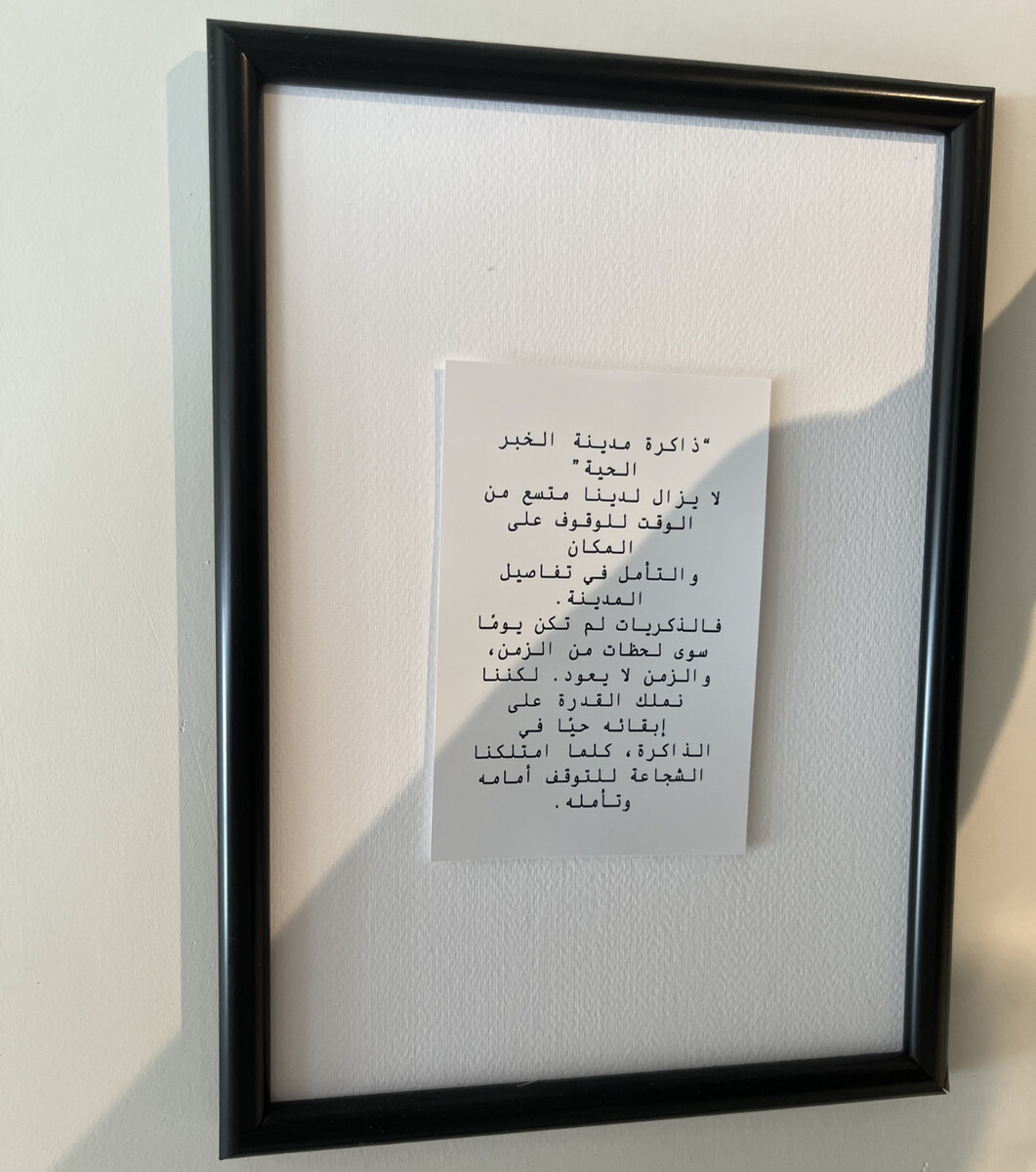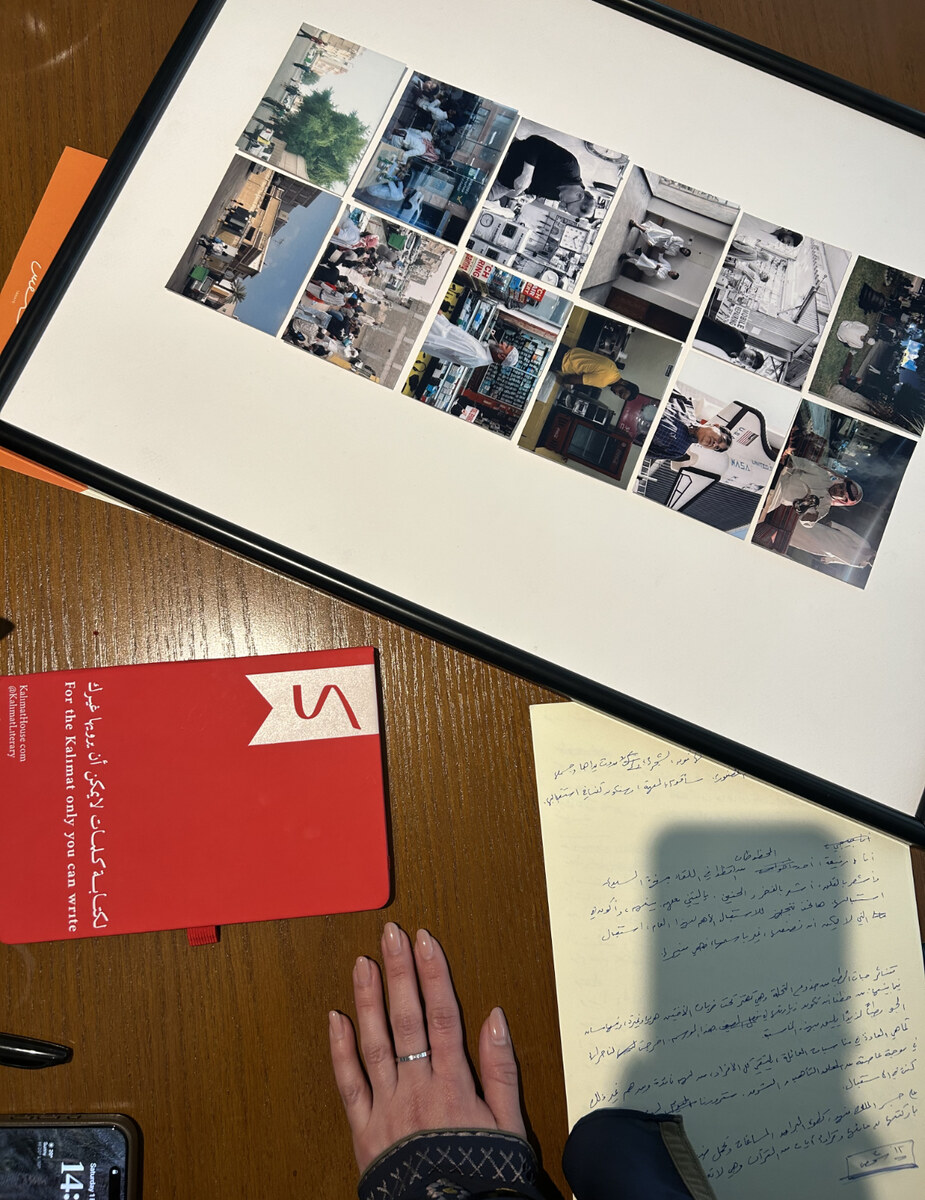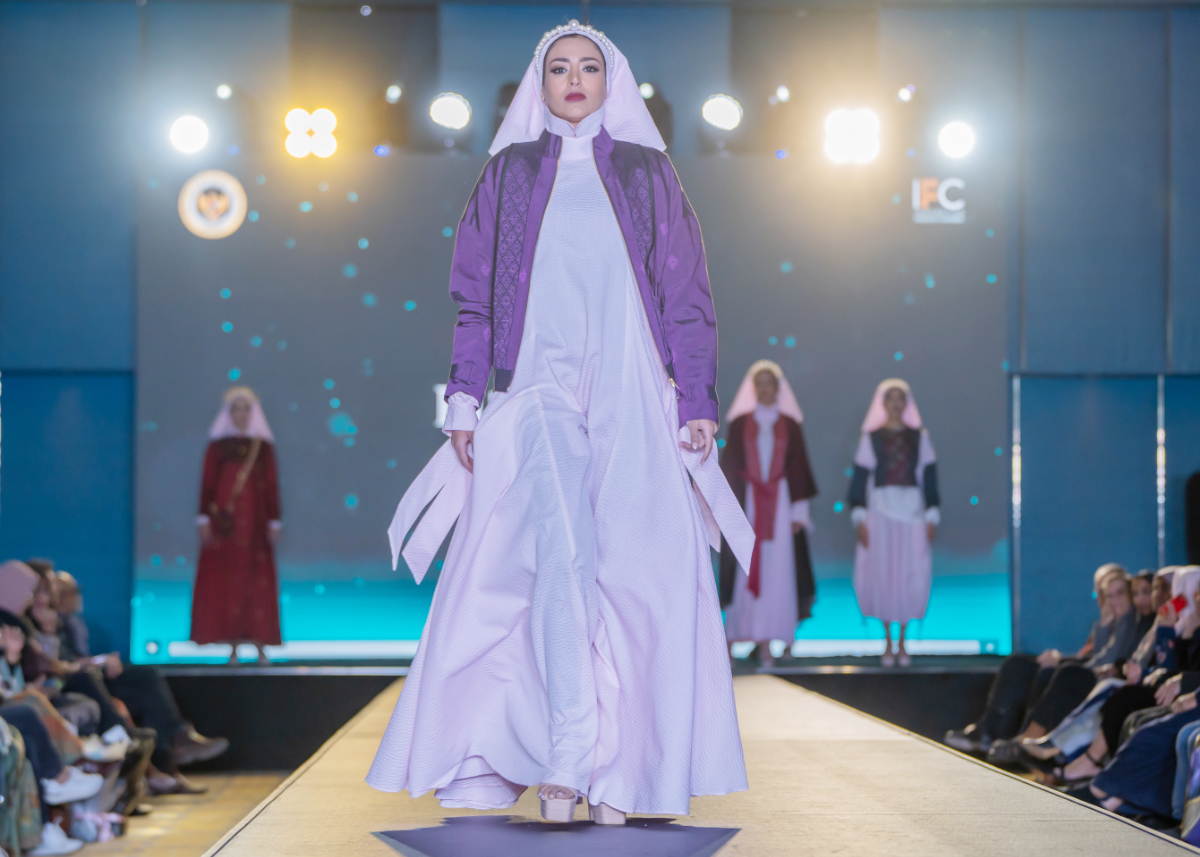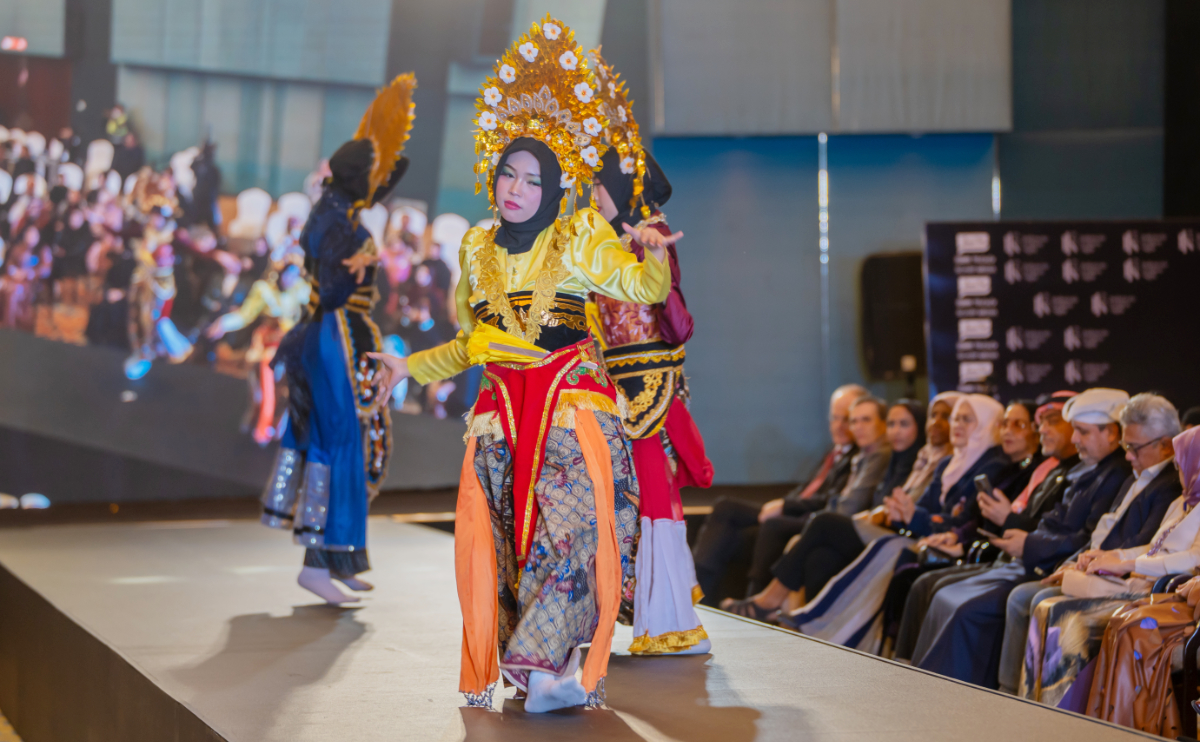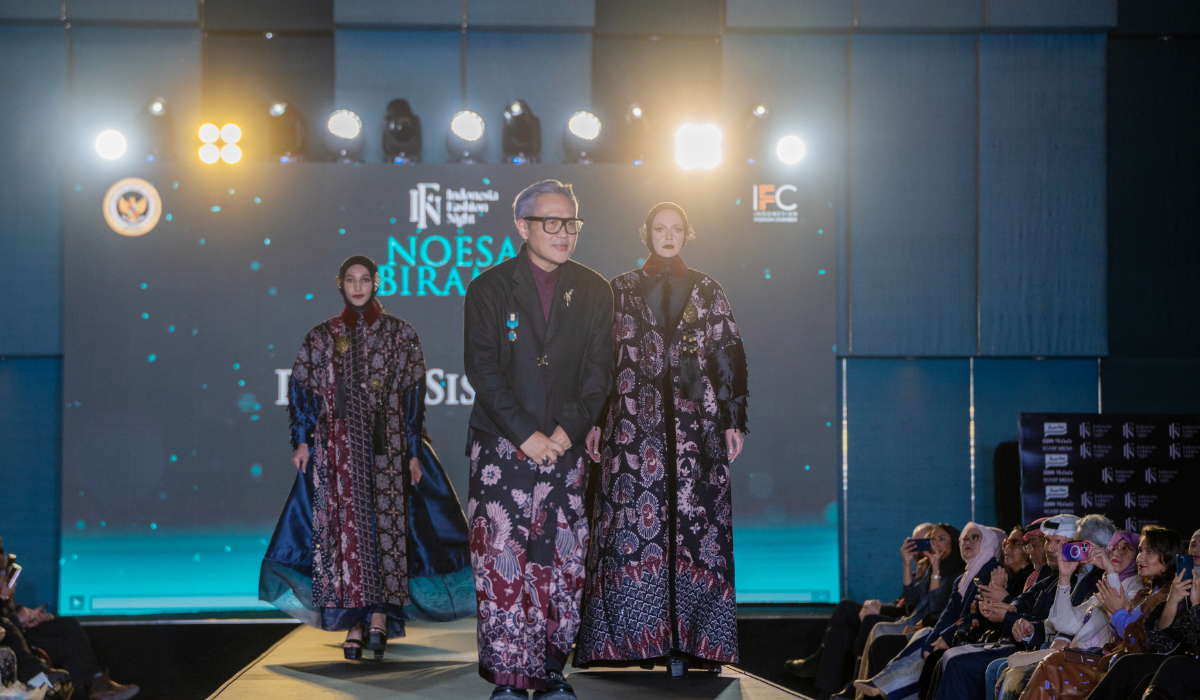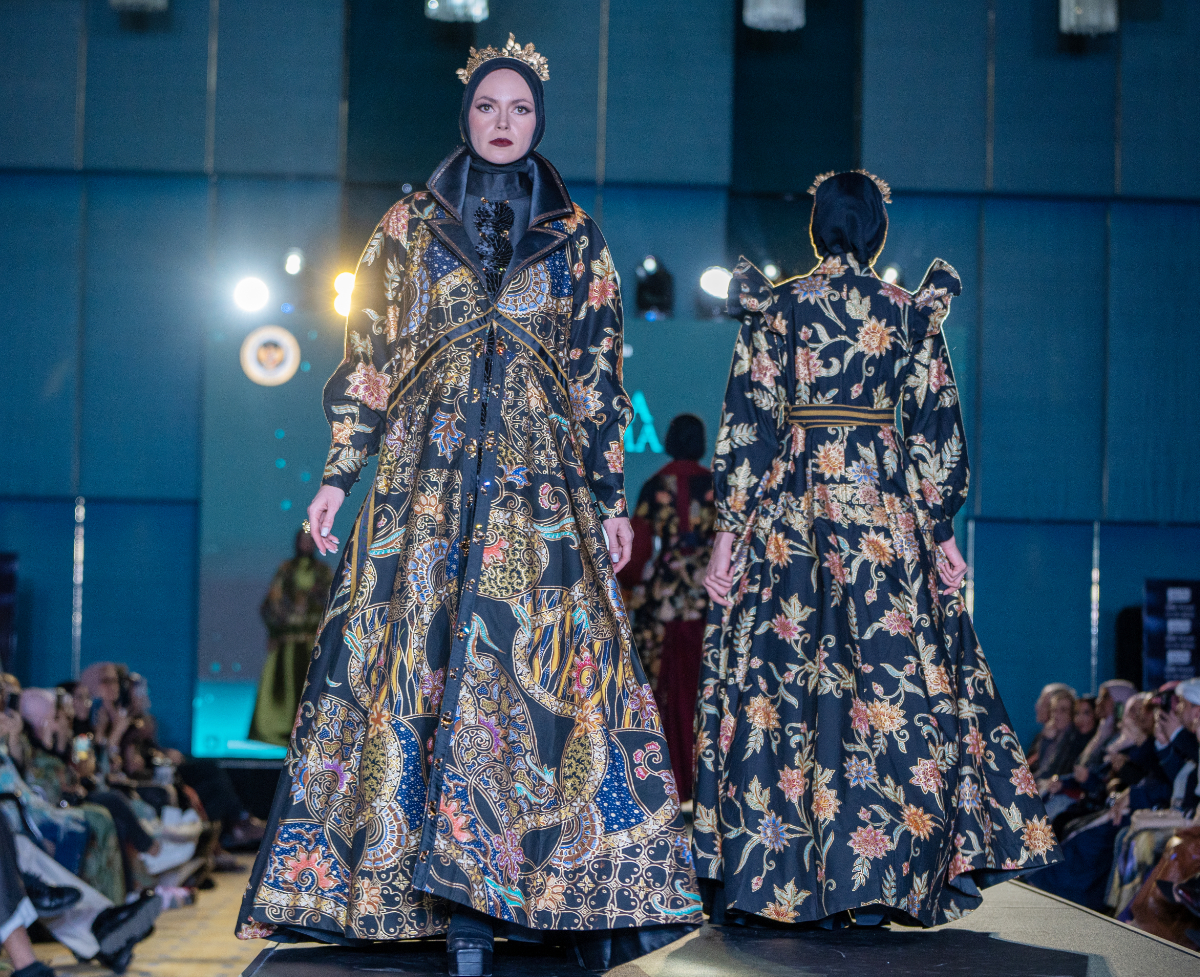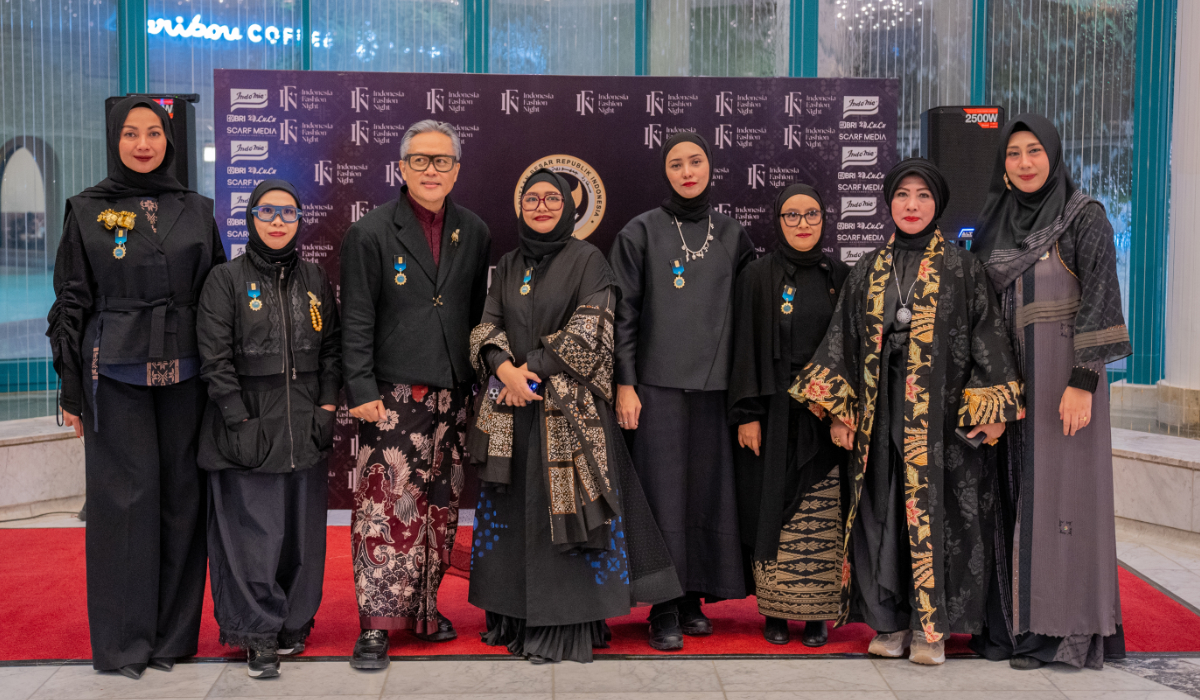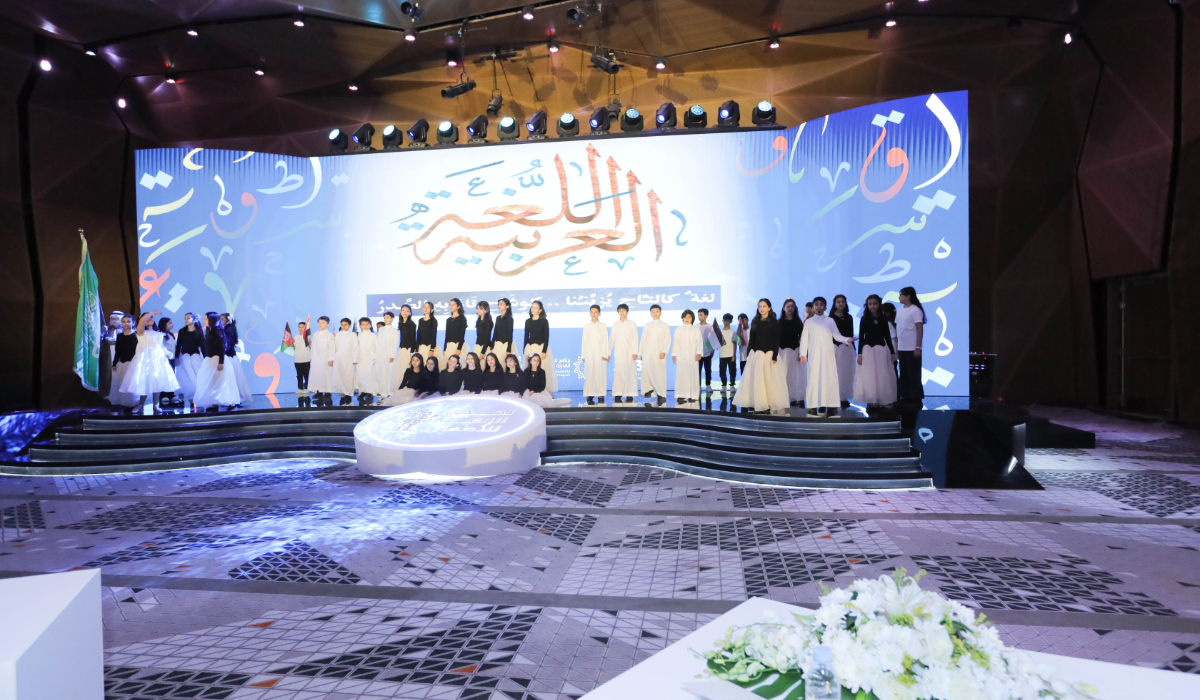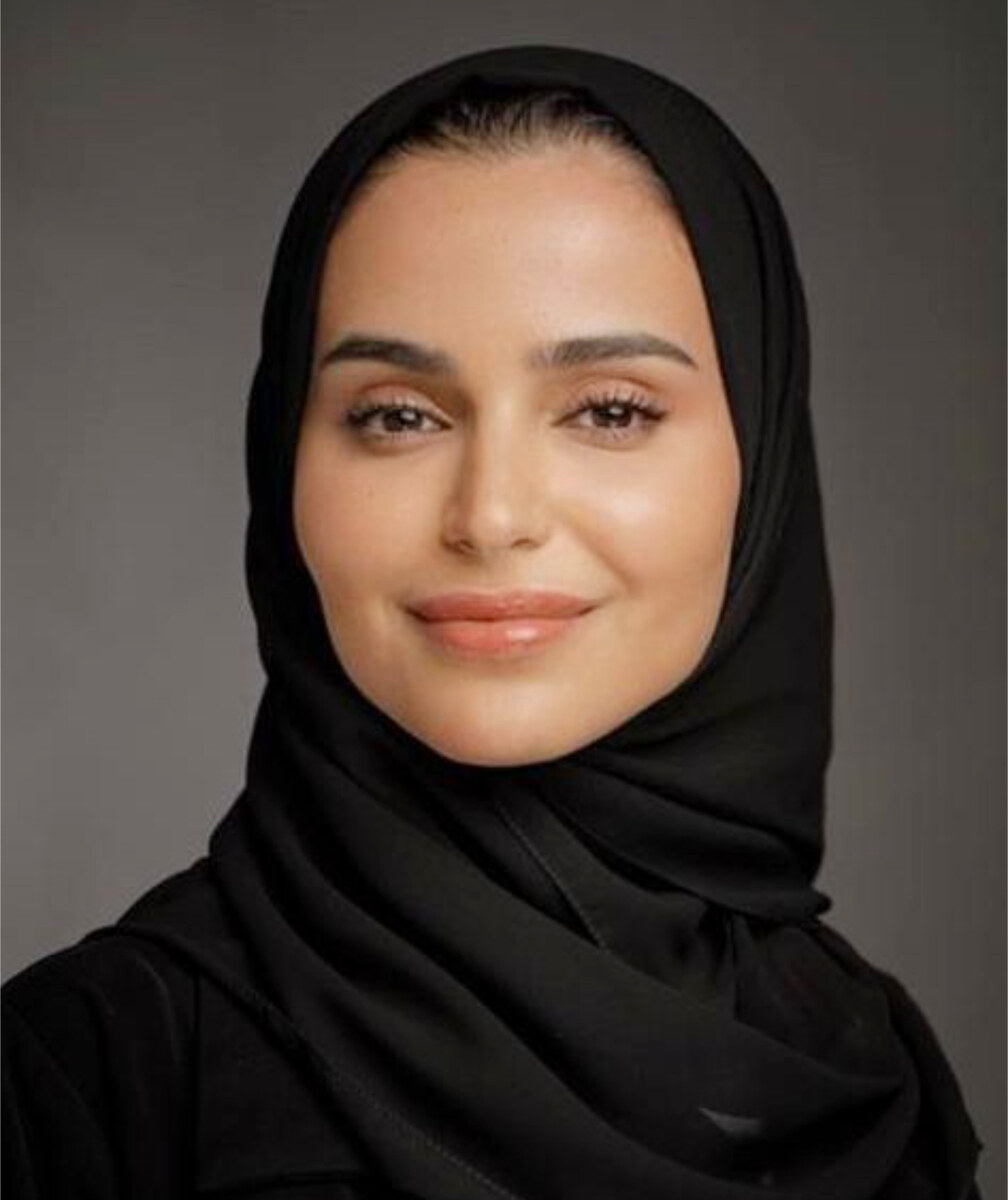RIYADH: French President Emmanuel Macron’s arrival in Riyadh for a three-day state visit is a testament to the deepening ties between France and Saudi Arabia. His visit, which follows an invitation from Crown Prince Mohammed bin Salman, reflects the shared ambition to enhance cooperation across various sectors and to align with Saudi Vision 2030 and France 2030.
The state visit underscores a partnership rooted in mutual respect and long-term collaboration. It is the latest of several high-profile exchanges, including Macron’s Gulf tour in December 2021, which concluded in Jeddah, and Crown Prince Mohammed bin Salman’s visit to Paris in June 2023, accompanied by a ministerial delegation. These meetings set the stage for France’s endorsement of Saudi Arabia’s successful bid to host Expo 2030, marking a milestone in bilateral relations.
Macron’s schedule includes high-level meetings, a visit to Riyadh Metro, the Saudi-French Economic Forum and cultural stops in Diriyah and AlUla. Elysee Palace views Saudi Arabia’s ongoing modernization and reforms as vital to the strengthening of the Kingdom’s position as a central player in a more interconnected Middle East. Accordingly, it supports Saudi bids for major global events, such as hosting Expo 2030, 2034 football World Cup and Winter Olympics, considering them as opportunities for deeper cooperation.
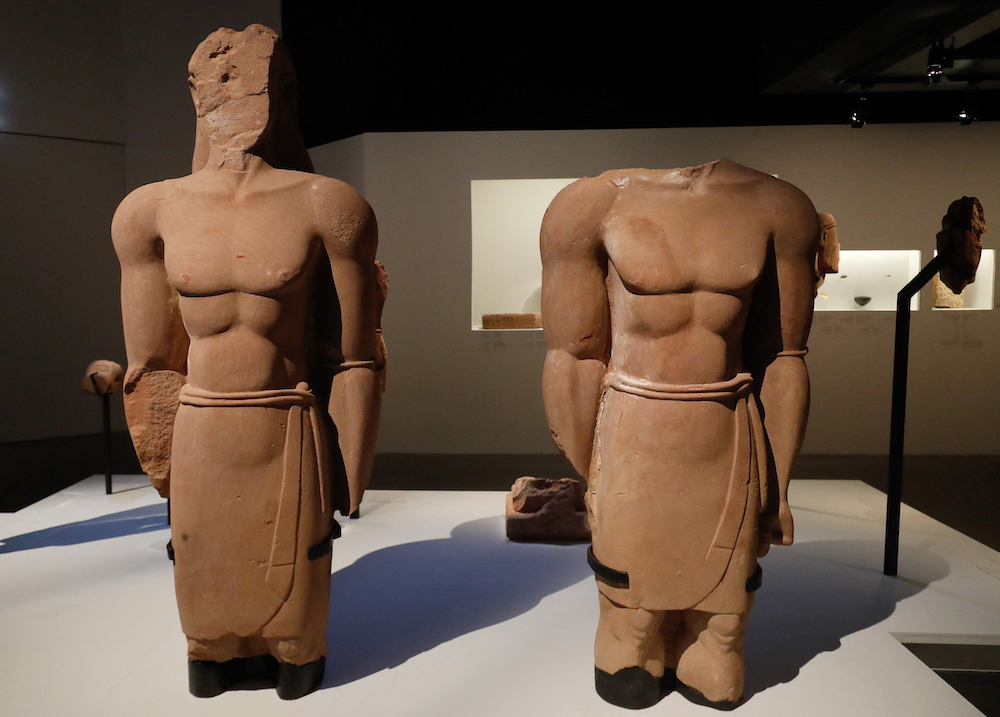
Two statues from the fifth to first century BC are displayed during the exhibition “AlUla: Wonder of Arabia” at the l’Institut du monde arabe in Paris on Oct. 7, 2019. (AFP)
The historical relationship between the two nations predates the Kingdom’s establishment. France opened its first consulate in 1830 in Jeddah in a part of the Arabian Peninsula that would later emerge as the Kingdom of Saudi Arabia. It was also one of the first countries to recognize Saudi Arabia as a sovereign state in 1926. Nearly a century later, the two countries share common values in international relations, including sovereignty, non-interference and respect for international law.
This partnership has evolved to address contemporary challenges. At the Summit for a New Global Financial Compact in June 2023, Saudi Arabia and France emphasized the need for an inclusive financial system to combat inequality, fund green transitions and achieve the UN Sustainable Development Goals. Their shared vision highlights the alignment of priorities between the two leaders, united in their commitment to development and innovation.
Through the centuries, France has positioned itself as a global power in defense, energy, engineering, diplomacy, art and culture. But modern France is also undergoing a transformation aimed at adapting its economy to new emerging industries, collectively termed the Fourth Industrial Revolution, empowering its youth, and addressing climate-related challenges.
This transformation into a greener, more technology-driven economy aligns with Saudi Arabia’s ambitions under Vision 2030. Both countries have prioritized clean energy, with Saudi Arabia emerging as a significant player in renewable energy. Its investments in solar, wind, and hydro projects are matched by its leadership in the circular carbon economy, all key pillars of its Saudi Green and Middle East Green Initiatives. These initiatives resonate with France’s own climate goals, fostering a natural synergy between the two nations.
FASTFACTS
• The number of French companies operating in Saudi Arabia has increased by more than 43% since 2020.
• French investors in KSA: Air Liquide, Airbus, Alstom, Crédit Agricole, L’Oréal, Sanofi Aventis, Thales, Total and Veolia.
Economic collaboration continues to flourish. French companies are integral to the Kingdom’s economic diversification efforts, spanning sectors such as energy, healthcare, retail and tourism. Organizations like Business France and the Saudi-French Business Council play pivotal roles in facilitating trade and investment. Initiatives like Vision Golfe, an annual gathering of French and Gulf Cooperation Council ministers, entrepreneurs and executives, further cement this partnership through dialogue and innovation by offering a platform to promote business cooperation in markets with high growth potential.
Security and stability remain central to this relationship, particularly in addressing global challenges such as the Ukraine conflict. France has sought Saudi support in navigating the war’s human and economic repercussions and its impact on global supply chains. Energy security has also emerged as a focal point, with Saudi Arabia supplying hydrocarbons to Europe while advancing its role as a clean energy provider and one of the world’s biggest investors in renewables like solar, wind and hydro.
Saudi Arabia’s investments in renewable energy resources are part of a broader environmental strategy, being implemented as part of Vision 2030, Saudi Green Initiative and Middle East Green Initiative, as well as the Kingdom’s adoption of the circular carbon economy
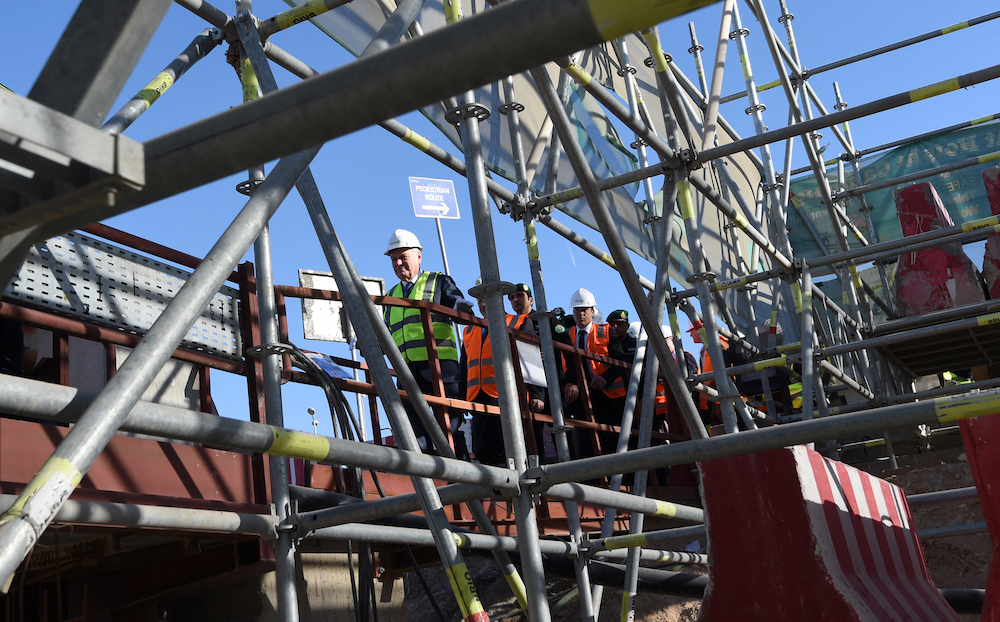
French foreign minister Jean-Marc Ayrault, center, visits the construction site of a section of the Riyadh Metro under the contract of French company ALSTOM in Riyadh on Jan. 24, 2017. (AFP)
Regional developments will also likely figure prominently in the discussions during Macron’s visit, particularly regarding Lebanon, which remains without a president after more than two years of political paralysis.
Saudi Arabia and France have both played roles in seeking solutions to Lebanon’s crises, so any initiatives taken by them in the wake of the devastating monthslong conflict between Israel and the military wing of Hezbollah will be eagerly awaited. Partnership and consultation with Saudi Arabia are viewed by France as crucial to restoring order to the chaos in Lebanon.
With regard to the Israel-Palestine conflict, Elysee Palace is pushing for a ceasefire, release of hostages and humanitarian protections in Gaza. To this end, it has emphasized the importance of Saudi contributions through the Arab League and the Organization of Islamic Cooperation to advance a two-state solution for Palestine.
In addition to these pressing issues, Macron’s visit coincides with Saudi Arabia hosting COP16, a global platform addressing desertification under the theme “Our Land. Our Future.” Alongside this, he will attend the One Water Summit, co-chaired by France and Kazakhstan, which aims to address water resource management challenges in the face of climate change. These events underscore the commitment of both nations to environmental sustainability, a cornerstone of their partnership.
The relationship between Saudi Arabia and France is of course not limited to defense, business and energy transition. Cultural collaboration also forms a significant part of the Franco-Saudi relationship. Saudi Arabia’s rich heritage, from AlUla to Diriyah and the Sarawat Mountains, offers a canvas for joint initiatives. At the heart of this is Villa Hegra, a cultural institution in AlUla, the ancient Saudi city, established through an intergovernmental agreement in 2021.
Villa Hegra was officially established following an intergovernmental agreement signed on Dec. 4, 2021, by Saudi Arabia’s Minister of Culture Prince Badr bin Abdullah bin Farhan Al-Saud and Jean-Yves Le Drian, the then French minister of foreign affairs and current president of Afalula, the French agency for the development of AlAula. Villa Hegra serves as an incubator for artists and creators, fostering dialogue and collaboration while exploring the socio-economic impact of cultural projects on local communities.
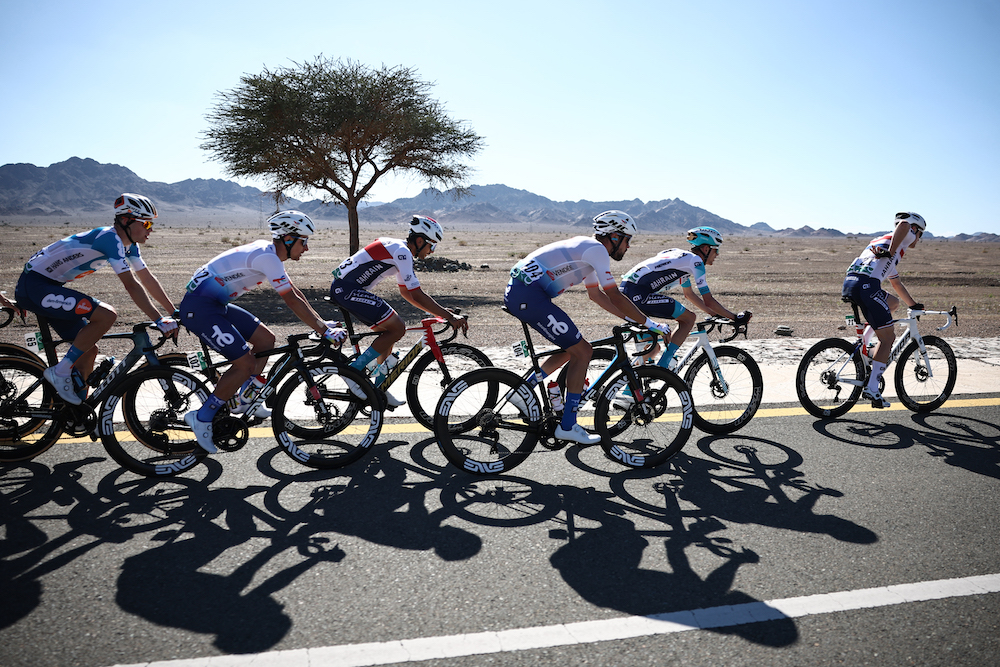
France’s Fabien Doubey and Paul Ourselin of TotalEnergies team ride during the first stage of the AlUla Tour cycling race in Al-Ula on Jan. 30, 2024. (AFP)
The duality of Villa Hegra, blending Saudi and French influences, mirrors the broader partnership between the two nations. Macron’s anticipated visit to AlUla will underscore the significance of these cultural ties and highlight Saudi Arabia’s emergence as a regional hub for art and heritage. This emphasis on culture complements the Kingdom’s efforts to diversify its economy, attract global talent and position itself as a tourism and investment destination.
Amid these developments, the relationship between France and Saudi Arabia remains firmly anchored in mutual respect and shared goals. Macron’s visit offers an opportunity to build on a foundation that spans nearly two centuries, reinforcing partnerships in defense, energy, culture and economic development. The discussions in Riyadh will likely set the tone for future collaborations, as both nations continue to navigate a rapidly changing global landscape.
After Macron concludes his stay, the focus will shift to the outcomes of this visit, particularly in areas like artificial intelligence, fintech and cybersecurity. France’s upcoming AI Action Summit in February 2025 presents another opportunity to align technological ambitions, ensuring that the partnership remains dynamic and forward-looking. Whether in addressing global challenges or celebrating shared heritage, the relationship between France and Saudi Arabia stands as a testament to the enduring power of collaboration.






